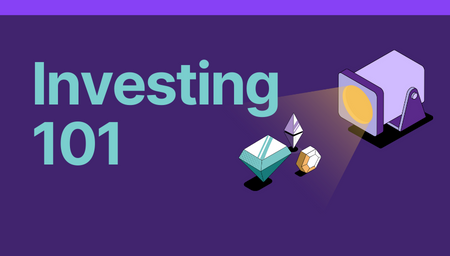What are the risks associated with Index Funds?

Before we look at the risks associated with index funds, let us briefly understand what index funds are.
What are index funds?
Index funds are a type of mutual fund where assets are pooled together in a manner so that they mimic one of the financial market indices. For example, an index fund replicating the Nifty 50 will comprise of stocks from the Nifty 50 index.
The assets from an index are imitated in hopes that the performance and returns of the fund will be in sync with the performance and returns of the index. As these funds are chosen directly from the index, there is no need for active management. The fund manager doesn’t have to personally study the market to choose individual securities. The portfolio, too, doesn’t undergo much change just like the indices and is usually only updated in the event of a change in the benchmark index or the weightage of securities in it.
It is a passive style of managing a fund. It requires lesser staff and management costs which makes it a cost-efficient investment option.
Index funds provide a broader market exposure than investing in just one asset. They offer long-term returns and are beneficial for the buy-and-hold type of investors. Hence, they are popular for retirement planning.
Index funds offer many benefits like low management costs, broad diversification, handsome returns, reduced human errors and predictability.
But we must check both sides before taking a leap and so let us now discuss the risks of investing in an index fund.
The risks of investing in an index fund
- Limited choices
Index funds are passively managed.The assets are added based on the benchmark indexes and one doesn’t get the choice to pick individual holdings.
Maybe you came across positive information about a company and are interested in investing. Perhaps your judgement urges you to believe that a company or sector will benefit from the certain events and you want to add it to your portfolio.
On the other hand, there might be a few aspects of companies you do not like. Maybe they don’t spend enough on CSR activities or are not climate conscious. Or perhaps you don’t believe much in their growth potential.
Whatever the reason, when you choose to invest in an index fund, you do not get the choice to pick out the assets individually. An index fund follows the benchmark and only the securities from the index will make their way to the fund portfolio.
- Little protection when the market goes down
An index fund doesn’t only mimic the performance of the benchmark index. Its returns also mimic the performance of the market itself.This is effective as markets tend to follow an upward trajectory over the long run. But that is not to say that it never goes downhill.
We know that markets get their fair share of downsides; when it does, there isn’t much you can do with index funds. They are more than likely to go down with the markets.
It might not be a problem if you plan on holding the index fund for a long time after buying it and if you can pull out of your investment when the time is right. But if you ever need to liquidate the fund immediately and the market isn’t at its best behavior, then you are almost certain to suffer a loss.
- Inflexible strategies
Investors have a wide array of strategies at their disposal. They can use them to better adjust risks, magnify returns or make a portfolio that best suits their investing needs. They might even be able to develop a strategy that works far better for them than replicating the entire market.
But you are ripped off that choice when you decide to invest in an index fund. The components of an index fund will undoubtedly resemble the index. You do not get to devise a portfolio or use a strategy that best suits your investing journey.
- Burden of overvalued stocks
In an index fund, the weightage of an asset directly mirrors the position of that asset in the index. Accordingly, the higher the value of a stock, the more weight it carries amongst the fund portfolio. This is fine until a specific limit.
But what if a stock becomes overvalued? In that case, it will simply hold a higher weightage in the portfolio. But most investors are aware of the fact that overvalued stocks need to occupy lesser spaces in portfolios. Because when the value eventually crashes, the investor should be hedged against a downturn.
However, this kind of adjustment is not possible when you invest in an index fund.
- Tracking error
When the composition of an index changes, the index doesn’t have to bear any costs. However,that is not the case with an index fund.
Whenever index funds have to remove or add securities, they have to bear the transaction costs to keep the composition similar to the index.
Moreover, there might be a lag between when the weightage changes in the index and when this change is reflected in the fund portfolio.
All of these reduce the returns the index fund gives compared to the returns given by its benchmark index.
We hope this helps you in your investment journey. If you want to learn more about mutual funds, you can check out our blogs or leave a comment and tell us what you would like to learn next.